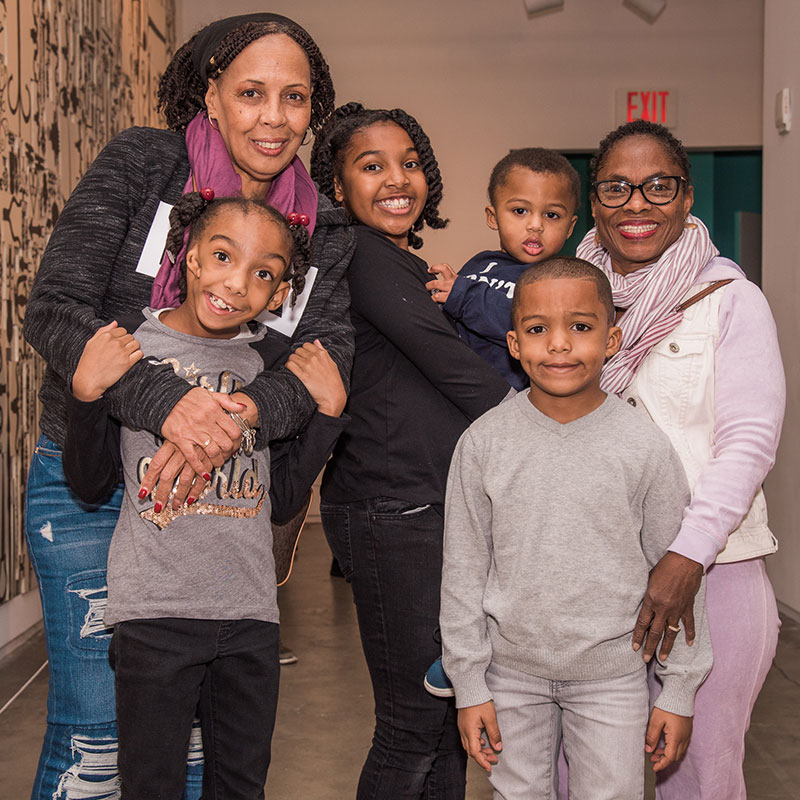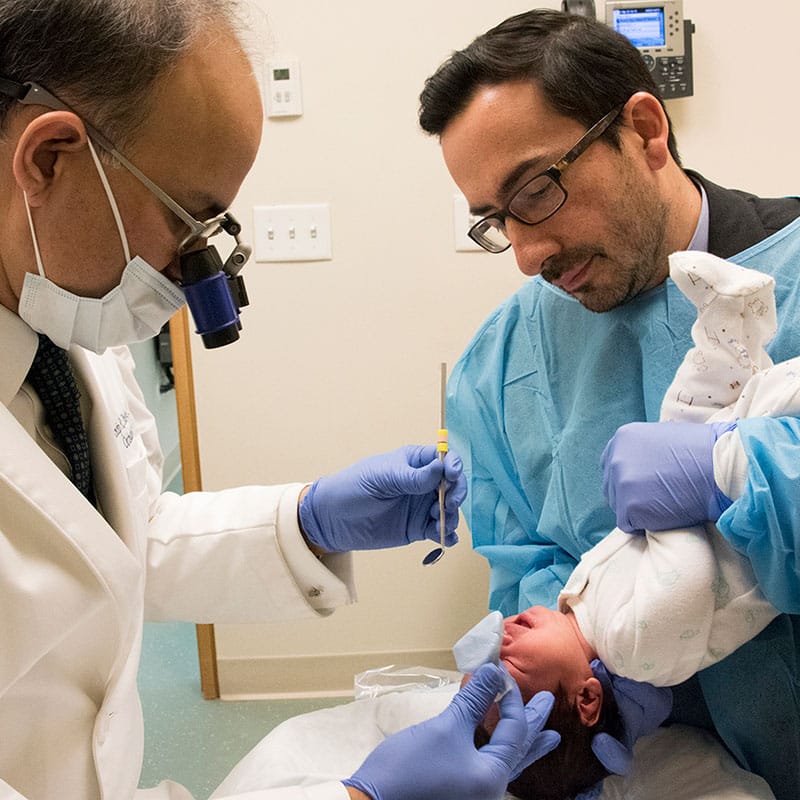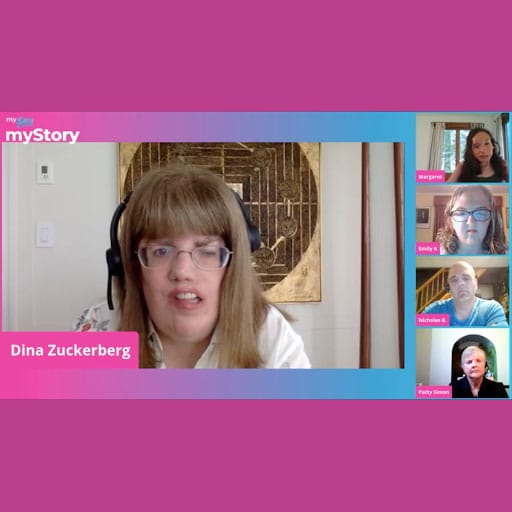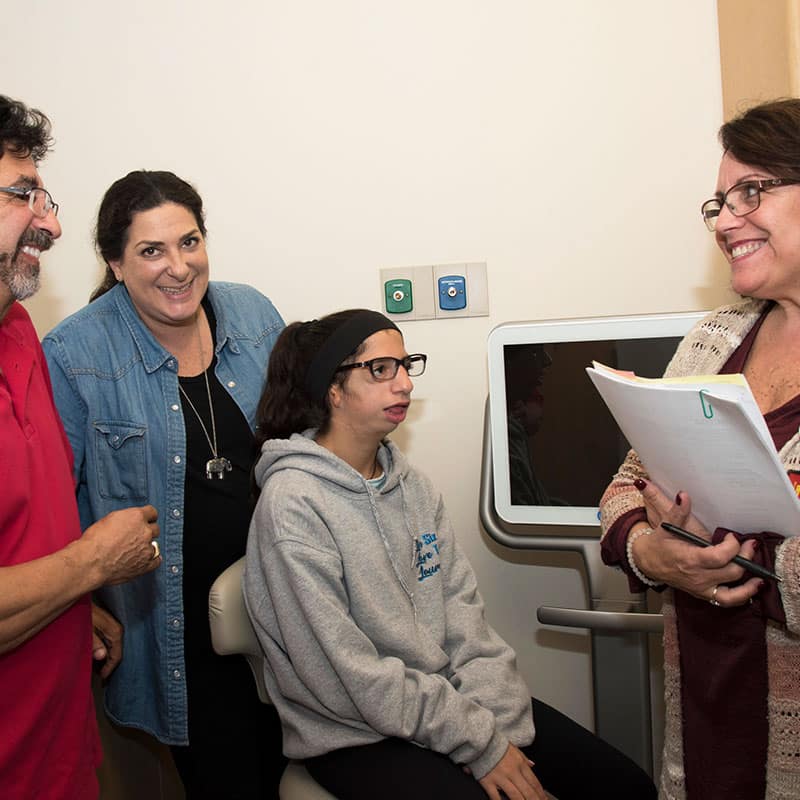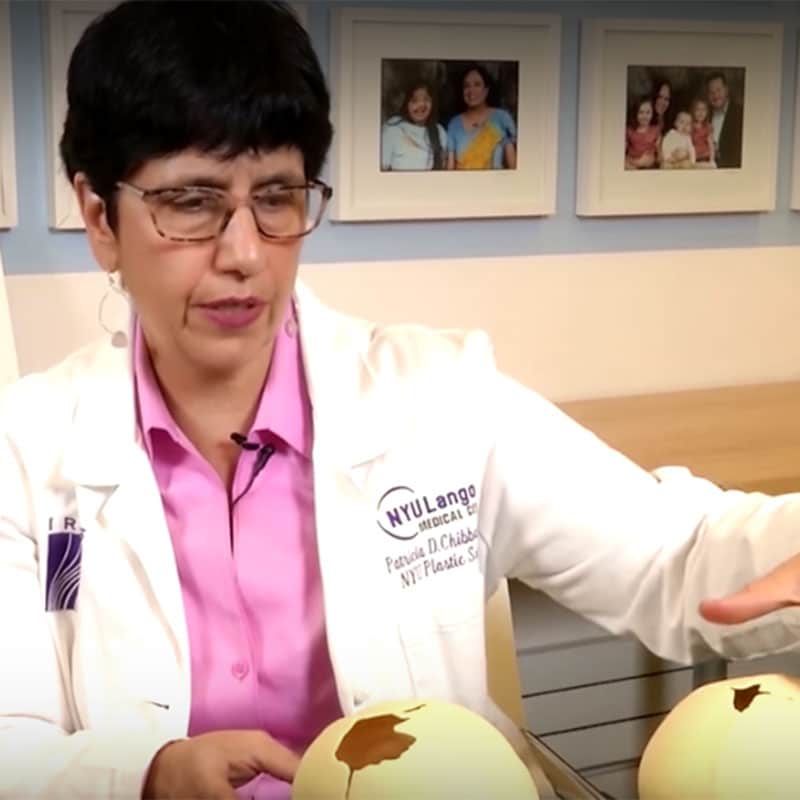Potential Complications & Challenges with Cleft Lip and/or Palate
Home > Craniofacial Conditions > Cleft Lip and/or Palate > Potential Complications & Challenges
Even after surgery, children living with clefts can continue to face challenges depending on the type and severity of the cleft.
Complications from Cleft Lip and/or Palate require additional treatments and support services:
Fistula – This is the most common complication associated with cleft palate surgery, occurring in about 9% of cases. In patients with cleft lip with cleft palate, a fistula can occur in up to 18% of cases after surgery. A fistula is a residual hole in the roof of the mouth. The main symptoms are nasal regurgitation of food and liquids, and speech difficulties, such as hypernasality and articulation problems.
Velopharyngeal Insufficiency – This is a speech problem that occurs when air leaks around the back of the soft palate during speech. This may be due to a short, or immobile palate. The first line of treatment is speech therapy. However, if this does not help patients to improve, an additional surgery (called secondary palatal management) may be necessary.
Maxillary hypoplasia – Maxillary hypoplasia is the undergrowth of the upper jaw. This may be partly due to the cleft itself, and partly due to scarring from surgical interventions. Regardless of its cause, approximately 25-50% of people born with cleft lip/palate undergo surgical correction for jaw undergrowth. The degree of hypoplasia, and the need for surgical intervention, are higher with increased severity of the cleft. Orthodontics can sometimes correct this, but many adolescents also require orthognathic (jaw) surgery or distraction osteogenesis.
Psychosocial services
Due to the stress of multiple medical interventions, and possible low self-esteem related to having a facial difference, follow up with a psychologist or social worker may be beneficial.
With surgical repair and the proper follow up care and services, most children with clefts will lead a normal, healthy, long life. However, some children may struggle with ongoing challenges, and proper mental and emotional health support and care should be provided.
Aside from engaging with psychologists and other specialists, parents can also support their child in many ways:
- Focusing on positive qualities (aside from physical appearance) of the child and others
- Build the child’s confidence by allowing them to make their own decisions, participate in activities they enjoy, and encouraging confident body language
Being available and open to communication, so that issues involving bullying and self-esteem can be recognized and addressed
Resources for the Craniofacial Community
myFace provides individuals and families living with a facial difference access to holistic comprehensive care, psychosocial services, education, resources and support that pave the way for better outcomes.

